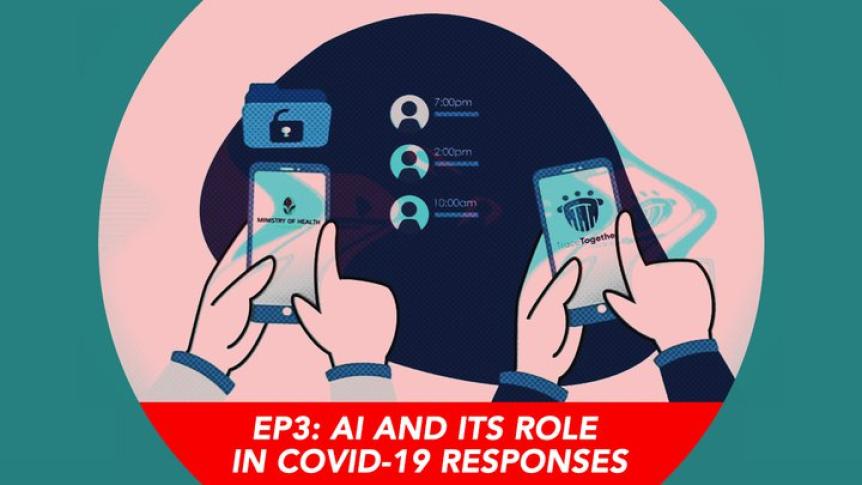
This article was republished from EngageMedia.
On the third episode of Pretty Good Podcast, ARTICLE 19 digital programme officer Vidushi Marda dissects the role of artificial intelligence (AI) in the region’s response to COVID-19 and what the new applications of this technology mean for digital rights after the pandemic.
In particular, Vidushi asks: “We’re seeing already that contact tracing apps that were meant to basically just monitor the ways in which communities are interacting with each other are already being used for quarantine enforcement. They’re already being used to track your movements. So what will happen six months down the line? Whatever happens at the very, very end of this long COVID-19 tunnel? How will all that data be used? How will it be used against you?”
Listen to the podcast:
Watch the podcast:
Relevant links:
-
Coconet.social/AI: Dr. Jun-E Tan, together with EngageMedia, produced a three-part series and video summarising how AI has been used and can be abused in the context of the Asia-Pacific.
-
Peril of face recognition tech: Facing the end of freedom, one face at a time. Supreme Court must intervene: “Timnit Gebru, a leader of Google’s ethical AI team, explained why she thinks “facial recognition is too dangerous to be used right now for law enforcement purposes” – highlighting the disparity in error rates, especially that detection technology does not work for darker skin. Let that sink in for us in India, where not all of us are “Fair and Lovely” and face colourism everyday because of our dark skin.”
-
How human-centred tech can beat COVID-19 through contact tracing: “Most problematic, however, is assuming that locating people is all that contact tracing requires. To succeed, contact tracing programs require that people trust the entity to whom they are reporting. Trust is built on empathy, patience and the ability to help someone who has just been exposed to a life-threatening disease.”
-
How Health Security and Individual Privacy Can Go Hand in Hand: Pitting privacy and health against each other is a false dichotomy. Back in March, we wrote about how Thailand is dealing with this dynamic.
-
The lockdown in the United States is driving people to use Facebook more, even if one survey shows that half of America won’t trust it or new contact-tracing apps.
-
Palantir, The Peter Thiel-Backed $20 Billion Big Data Cruncher, Scores $17 Million Coronavirus Emergency Relief Deal: Palantir, however, has been criticised in the past for falling short of responsible corporate conduct
-
Facebook has a history of not disclosing its experiments on its users, such as this one during the 2012 US elections.
-
Edition of the Global Information Society Watch 2019 "Artificial intelligence: Human rights, social justice and development"
Pretty Good Podcast by EngageMedia is produced remotely and primarily using FOSS tools. We’ve documented our process and learnings at Video4Change.org.